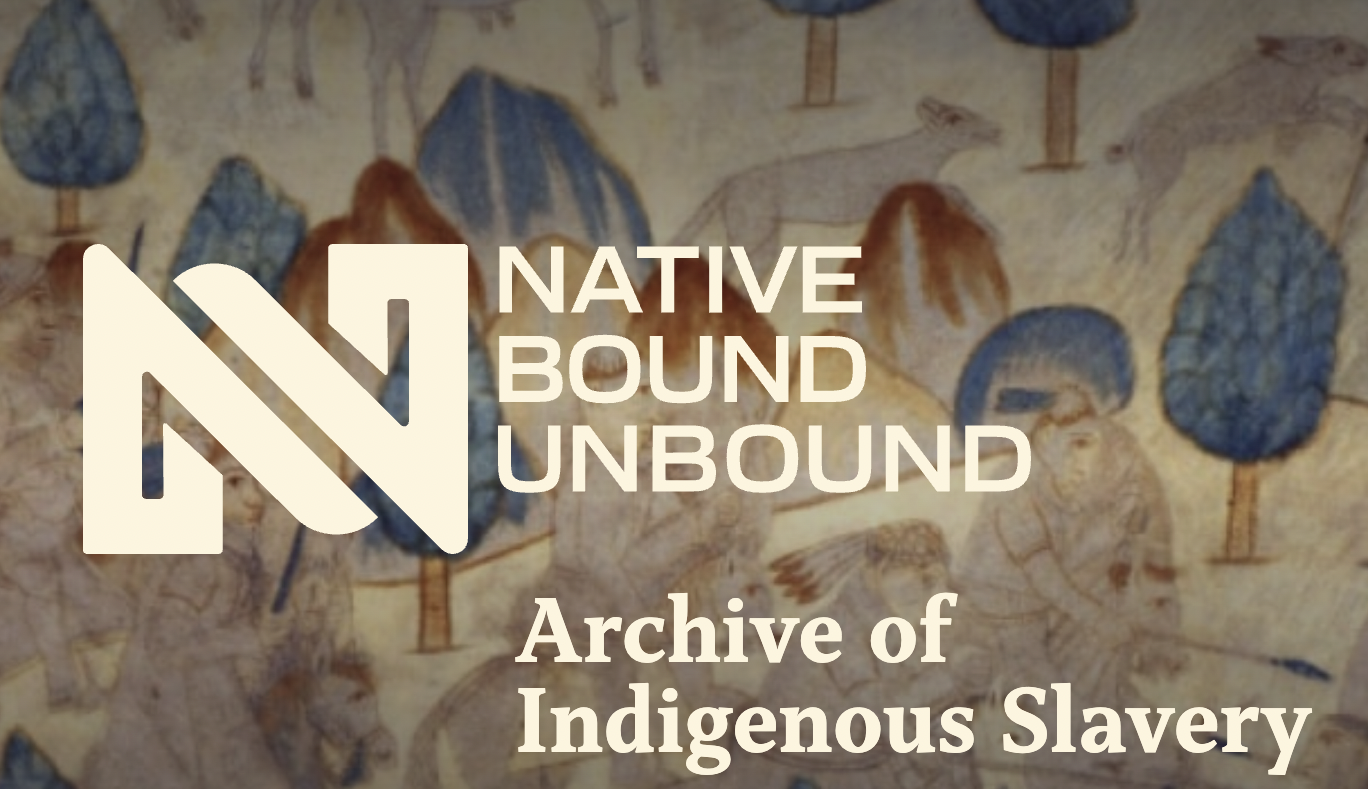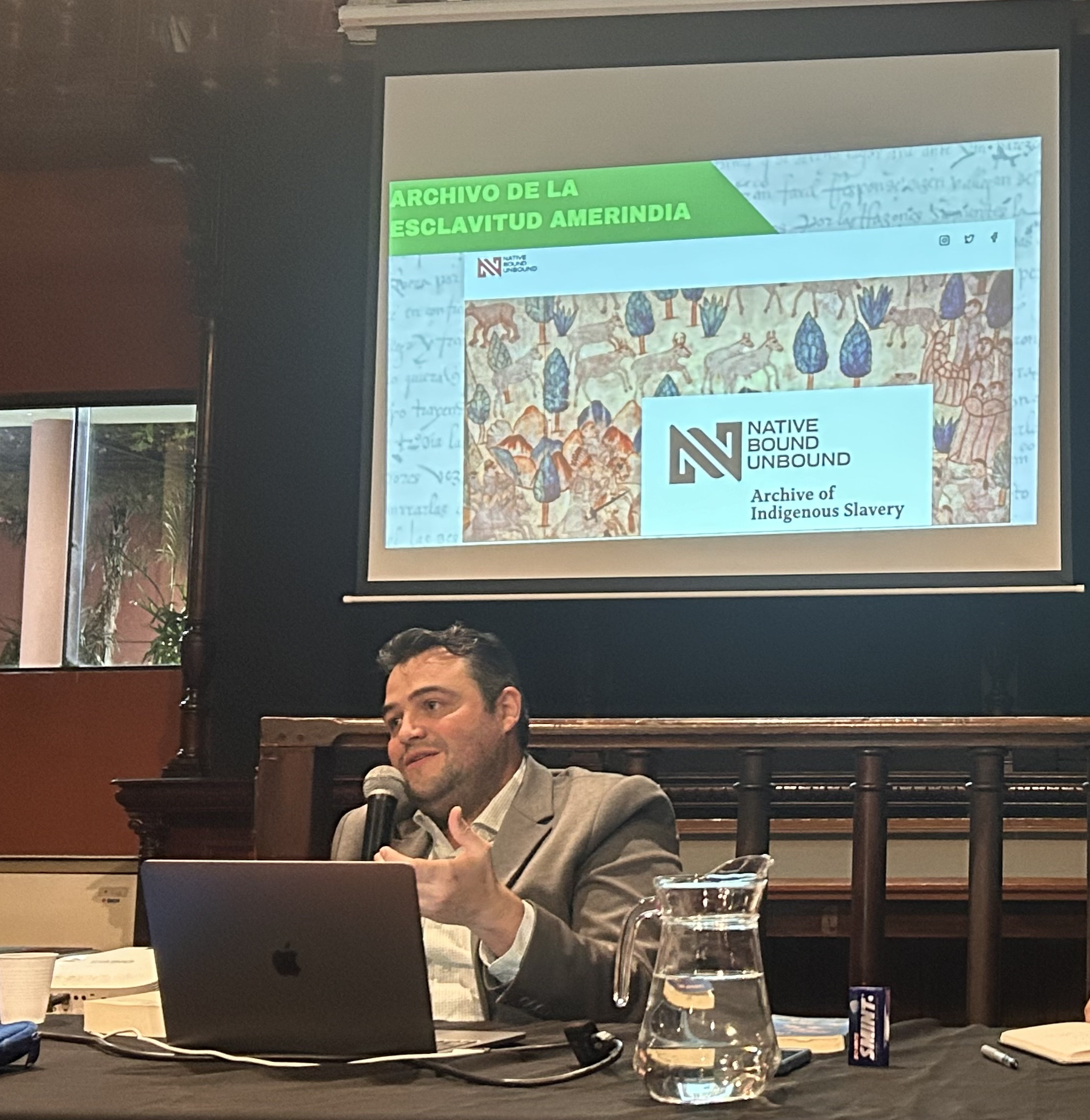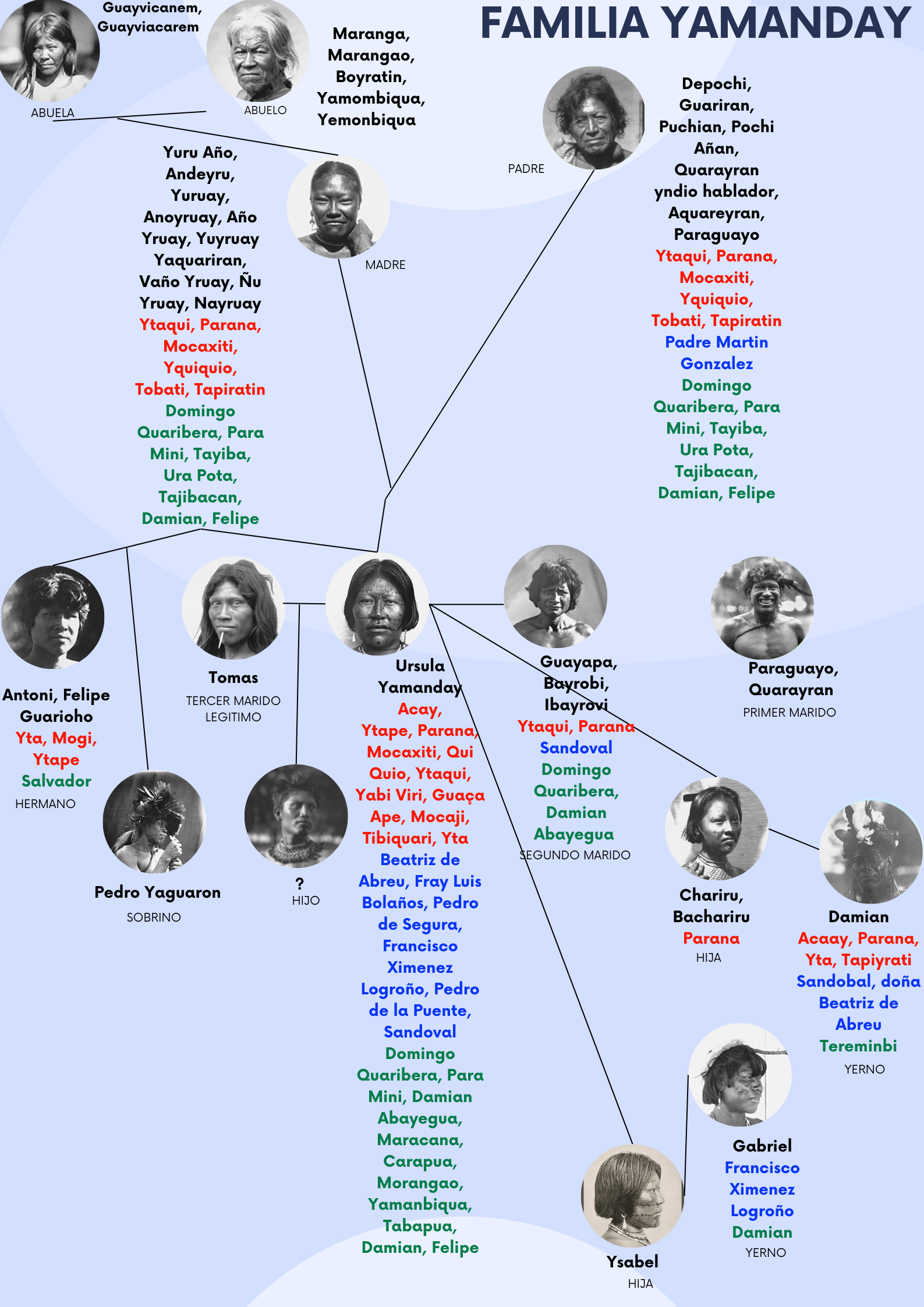Native Bound Unbound - Archive of Indigenous Slavery
Creating an open-source central repository focused on the lives of enslaved Indigenous Peoples in the Americas
From October 2022 to December 2024, I served as Senior Research Associate for the Native Bound Unbound: Archive of Indigenous Slavery project, a $1.5 million Mellon Foundation-funded initiative led by Dr Estevan Rael-Galvez and housed at the School for Advanced Research in Santa Fé, New Mexico. This groundbreaking project created the first comprehensive open-source repository documenting the experiences of enslaved Indigenous peoples across the Americas.



Project Mission and Scope
Native Bound Unbound addresses a critical gap in historical scholarship by centering the experiences of Indigenous peoples who were enslaved throughout the Americas from 1492 onwards. This systematic erasure from historical records required innovative methodological approaches combining traditional archival research with digital humanities tools and community-engaged scholarship.


Research Methodology
Hemispheric Approach: Unlike previous studies focused on single regions, this project examines Indigenous slavery across North, Central, and South America, revealing continental patterns and connections.
Community-Centered Ethics: All research protocols were developed in consultation with Indigenous communities to ensure respectful and culturally appropriate handling of ancestral information.
Multilingual Source Analysis: Working across Spanish, Portuguese, French, and English colonial records, plus Indigenous language documents where available.
Digital Preservation: Creating sustainable, accessible formats that serve both academic research and community needs.
Rio de la Plata Specialization
My specific contribution focused on the Rio de la Plata Basin during the 16th and 17th centuries, a region where Indigenous slavery has been historically understudied despite extensive documentation. This work built upon my doctoral research and previous publications on early colonial Paraguay.
Key Research Areas
Urban Indigenous Slavery: Documenting enslaved Indigenous peoples in early colonial cities of Rio de la Plata like Asuncion, Villarrica, Buenos Aires, Corrientes, and Santa Fe, challenging narratives that located Indigenous slavery only in frontier regions.
Legal Documentation: Analyzing wills, sales records, and legal proceedings that provide rare glimpses into the lived experiences of enslaved individuals.
Resistance Networks: Identifying patterns of resistance, escape, and community formation among enslaved Indigenous populations.
Family Structures: Reconstructing kinship networks that survived enslavement, revealing Indigenous strategies for cultural preservation.
Technical Infrastructure
Database Design: Custom-built relational database capable of handling incomplete historical records while preserving uncertainty and multiple possible interpretations.
Metadata Standards: Developed in collaboration with Indigenous communities to ensure culturally appropriate description and access controls.
Privacy Protection: Implemented safeguards for sensitive information, with Indigenous communities maintaining control over access to materials about their specific ancestors.
Interoperability: Designed for integration with other digital history projects and institutional archives.
Impact and Outcomes
- Research Advancement: Enabled new scholarship on Indigenous slavery across multiple institutions
- Community Empowerment: Provided Indigenous communities with access to documentation of their ancestral experiences
- Policy Influence: Data used to support reparations discussions and historical recognition efforts
- Educational Resources: Materials adapted for K-12 and university curricula
- International Collaboration: Partnerships established with archives in Argentina, Paraguay, Brazil, and Mexico
Methodological Innovation
The project pioneered approaches for:
- Ethical Digital Archives: Balancing academic access with Indigenous data sovereignty
- Incomplete Record Management: Developing systems that acknowledge gaps and uncertainties in historical documentation
- Community-Academic Partnerships: Creating sustainable collaboration models between universities and Indigenous communities
- Trauma-Informed Research: Handling historically sensitive materials with appropriate cultural protocols
Project Website: Native Bound Unbound
This project represents a paradigm shift in how digital humanities can serve social justice goals. By centering Indigenous experiences and maintaining community control over sensitive historical information, Native Bound Unbound demonstrates that technology can support rather than exploit marginalized communities. The methodologies developed continue to influence digital archive projects globally, establishing new standards for ethical historical research in the digital age.